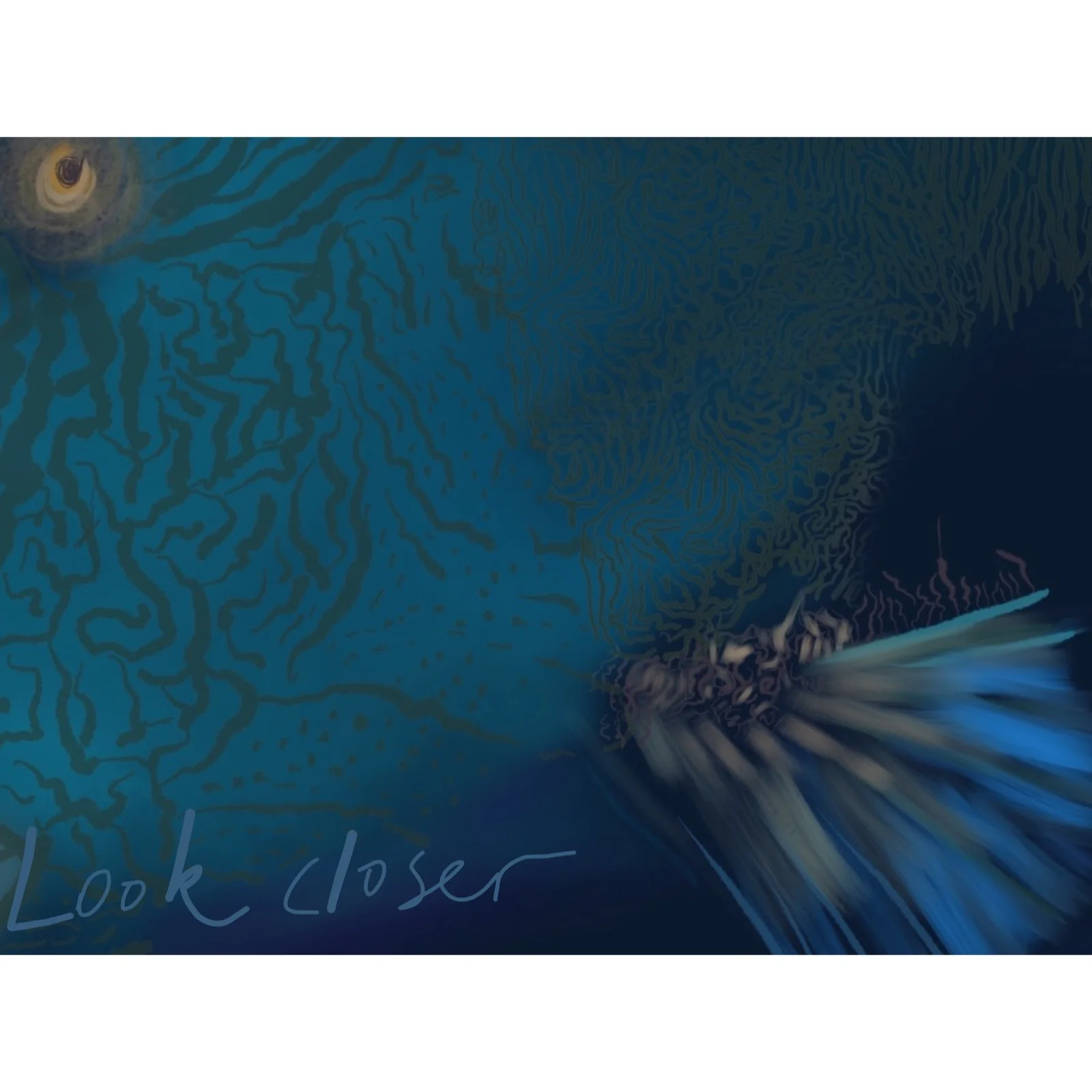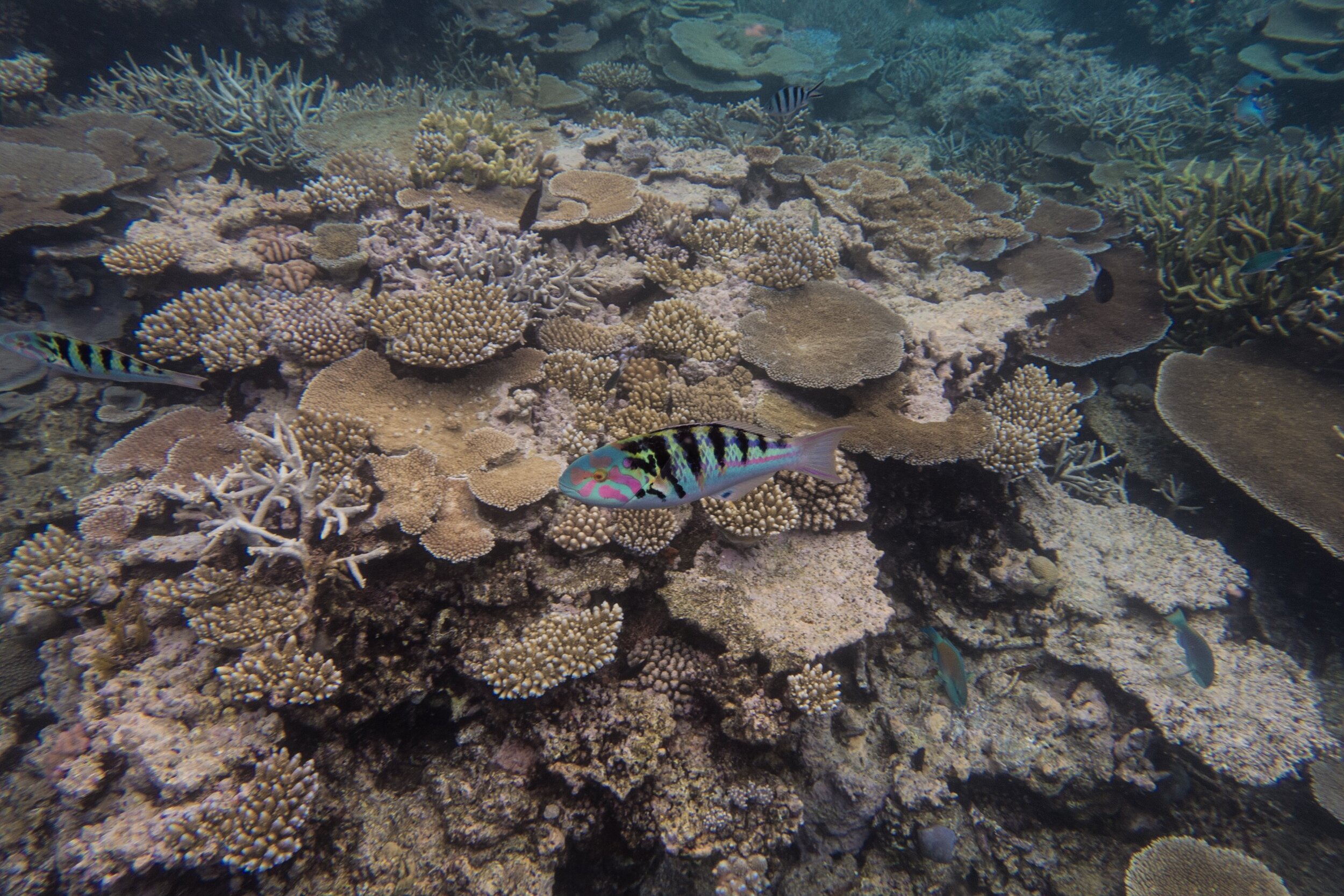I was invited to join a panel last week hosted by Shelley Winkel and Tourism Events Queensland for the annual conference of the Australian Society of Travel Writers. The topic was “Decoding the Reef” and joining the panel with me were Dr David Wachenfeld, Chief Scientist from the Great Barrier Reef Marine Park Authority and Dr Glen Burns, Master Reef Guide with Quicksilver Connections.
Kerry Heaney was in the audience and this is the takeout - https://eatdrinkandbekerry.net
Its the topic everyone wants to ask - is the reef alive or dead? Well, the reef is very much alive, even in the areas that have been damaged by coral bleaching in 2016/17 and much of the coral died off. The reason we say “alive” is that reef real estate is at a premium, and as an area recovers and regenerates it goes through a succession process, with various stages of algae growing over the dead coral, until eventually, a firm surface covered in a kind of cementing algae makes it attractive for new corals - or other benthos - to settle.
These days the tourism industry is working more and more closely with science and reef management to help understand the reef and to act as site stewards. Visitors pay a management charge that contributes $10-$15m per year directly to reef management. As well, reef operators are developing a highly trained network of observers who can now cover hundreds of reef sites and give early warning alerts of impacts, and weekly status updates to GBRMPA. Its our visitors who allow these people to get out to these reef sites to add to the many eyes watching out for the reef. The gold standard of reef monitoring is done by Australian Institute of Marine Science but they are limited in the number of sites and reefs they visit every 1-2 years.
So if its alive then what does it actually look like?
Well, you need to come see it for yourself because its big (the size of Italy), diverse (think about the mountains, the coast, the cities and little villages of Italy - its kind of the same idea on the reef) AND its very complex - in fact its the most complex ecosystem on the planet. There are 70 bioregions, hundreds of corals, thousands of species of fish, and millions of species of “Little Things”! Its this complexity that contributes to its resilience.
If you really do your homework on the state of the reef, you’ll hear a nuanced story. But to really understand it you need to see it for yourself. It will change your life. It changed mine.
The biggest threat to the reef beyond climate change is apathy. We need people to come to the reef and experience it so you can go away and tougher we can changed the world. We’re all on a mission together. Come join us.


